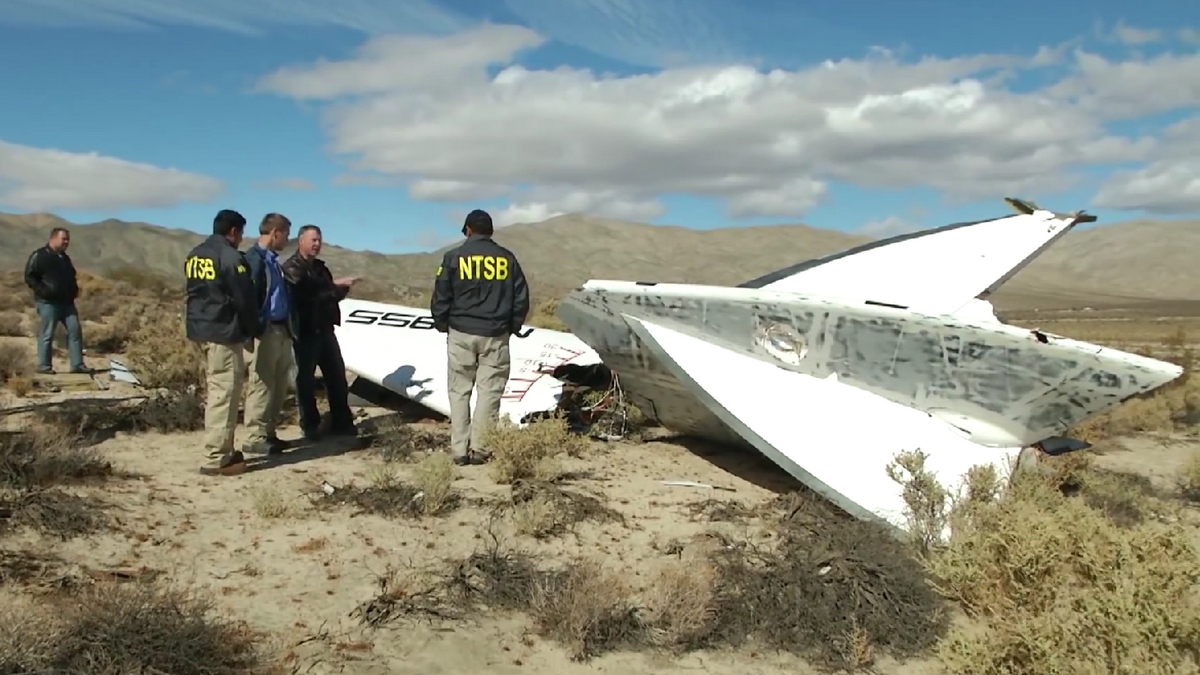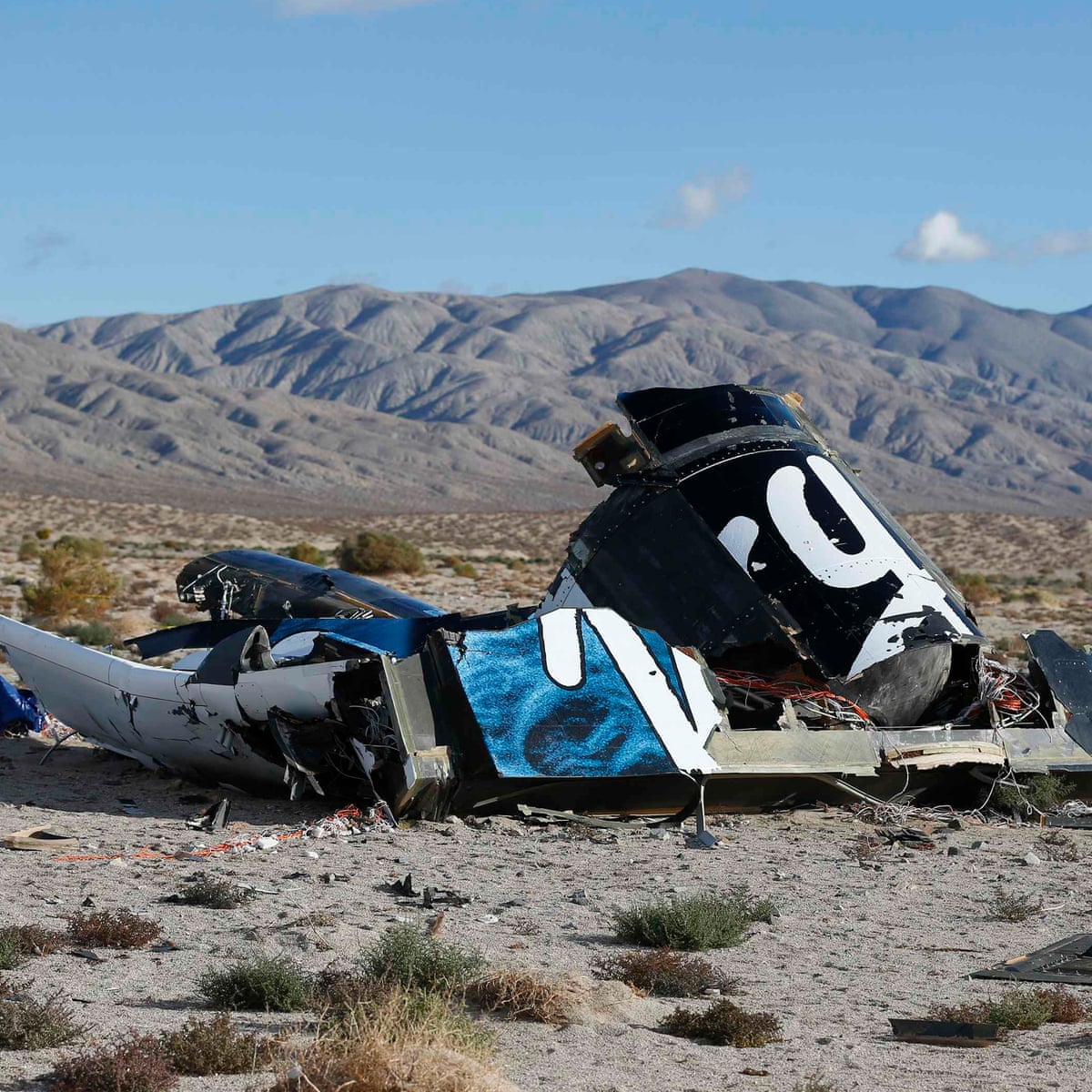
What Commercial Space Can Learn From The Titan Sub Disaster.
Share
In the realm of space tourism safety, the tragic incident involving the Titan submersible has become a nightmare scenario for experts. The disaster claimed the lives of five individuals, including a 19-year-old university student. The question now arises whether this catastrophe will prompt a shift towards prioritizing safety or if arguments advocating for the preservation of innovation will prevail.

Tommaso Sgobba, a former head of space safety at the European Space Agency, is a vocal advocate for safety standards and technology oversight in space tourism. With extensive experience in space safety, Sgobba has emphasized the need for independent certification and oversight, particularly concerning companies developing space tourism technologies. The recent incident involving the uncertified tourist submersible during a Titanic sight-seeing trip bears resemblance to the potential dangers in space tourism flights.
The absence of safety standards and the exemption from safety oversight granted to space tourism companies by the U.S. Congress have drawn criticism. The CEO of OceanGate, the company behind the ill-fated Titan submersible, Stockton Rush, made dismissive remarks about safety certifications and argued for the acceptance of risk in pursuit of unique experiences. Similar arguments have been made by proponents of space tourism, but Sgobba remains unconvinced, stressing the importance of safety standards based on hazard analysis.

Currently, a moratorium on regulations prevents the U.S. Federal Aviation Administration (FAA) from intervening in safety matters related to space tourism flights. However, this moratorium is set to expire soon, and the Titan disaster could potentially sway legislators towards ending the exemption. The Commercial Spaceflight Federation, representing space tourism companies in the U.S., has not yet commented on the implications of the OceanGate incident on their interests.
Sgobba highlights SpaceX as an example of a successful private space tourism operation that underwent stringent safety reviews under NASA's Commercial Crew Program. Sgobba suggests the establishment of an independent Space Safety Institute, similar to classification societies in the shipping industry, to certify space tourism vehicles and ensure safety standards are met.
The issue of informed consent in space tourism has also come under scrutiny. Participants accept the risks associated with uncertified vehicles, but questions arise regarding the level of risk disclosure and understanding. The outcome of the Titan tragedy in court may shed light on the validity of informed consents signed by passengers.

The incident involving the Titan submersible resulted in the loss of five lives, whereas existing commercial spaceflight operations have not reported any fatalities. Virgin Galactic, which experienced a fatal accident in 2014 and faced FAA investigation in 2022, plans to conduct its second commercial mission soon. Blue Origin has conducted successful crewed flights and is expected to resume launches following a booster malfunction.
Virgin Galactic recently completed a suborbital test flight and aims to launch its first commercial flight on June 29. This upcoming mission, called Galactic 01, will carry members of the Italian Air Force and marks a significant milestone in the company's journey towards commercial space travel.
The tragic events surrounding the Titan submersible serve as a catalyst for discussions on the necessity of safety standards, regulations, and the balance between innovation and passenger safety in the evolving space tourism industry. The outcomes of ongoing investigations and potential regulatory changes will undoubtedly shape the future of space tourism.
You’ve come this far…
Why not venture a little further into A.S.S. - our exclusive Australian Space Society.
And keep thrusting Australia into the deep unknown…
#Space_Aus




